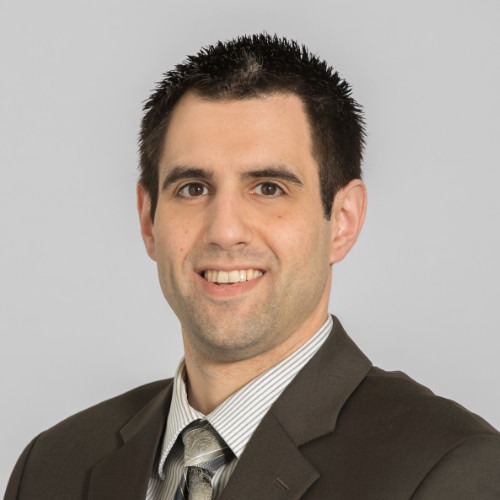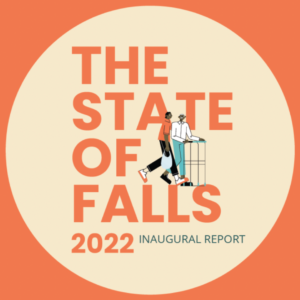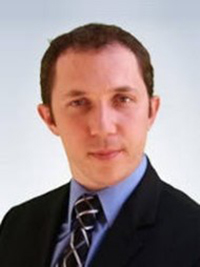CNA uses Facebook to violate resident privacy, dignity
Editor's Note: This article is from 2012. For the most recent content related to social media, click here.
I think it’s time to fire up the social media in senior living discussion again—but for the wrong reasons, of course.
An Oregon nursing assistant who took photos of dying nursing home residents and posted them on Facebook was recently released from an eight-day jail sentence, the Associated Press reported. Nai Mai Chao, 26, was found guilty of invasion of personal privacy, a misdemeanor, and has been ordered to write an apology to a resident that “should be an insightful look at why the defendant did what she did” or be charged with violating her two-year probation, the judge ruled.
Producing those insights may be difficult for Chao, who denied taking the photos but admitted to posting them to Facebook. According to reports, at least one photo shows a resident “expelling a bowel movement,” while other photos show the contents of used bed pans.
Chao’s friends, naturally, populated the photos with deriding and humiliating commentary.
Yes, we are all looking forward to Chao’s insights on her actions. In the meantime, she has been forbidden from working in a caregiving role for children or the elderly—for two years.
You can debate the appropriateness of these punishments, as I’m sure many of you will contest for their brevity. But also take this as an opportunity to consider social media in healthcare, specifically long-term care.
As we have covered here before, social media policies should explain the senior living operator’s expectations for appropriate employee conduct on both company and non-company owned sites, as well as consequences for violating the rules.
While the National Labor Relations Board has warned employers not to institute broad social media policies that would infringe on employee rights protected by federal labor laws, HIPAA must still be respected by everyone.
All of the policy in the world likely would not stop someone from going as heinously rogue as Chao; that type of behavior considers neither rules nor decorum and should be met with zero tolerance on the part of employers. Yet this is a social world, and these modern tools are necessary for effective 21st century marketing and community outreach. Social media can’t be ignored.
To see how some of the largest healthcare providers in the United States address social media, click here for their policies. If you have a social media policy, please share it in the comments. And if you think social media is too prickly to bother with, given the chance for public embarrassment or worse outcomes, discuss that as well. This is still a new world for many providers, and your experiences—even insights—could help others.

Kevin Kolus wrote for I Advance Senior Care / Long-Term Living when he was an editor. He left the brand in 2012. He is now senior communications manager at Cleveland Clinic.
Related Articles
Topics: Risk Management , Staffing , Technology & IT











